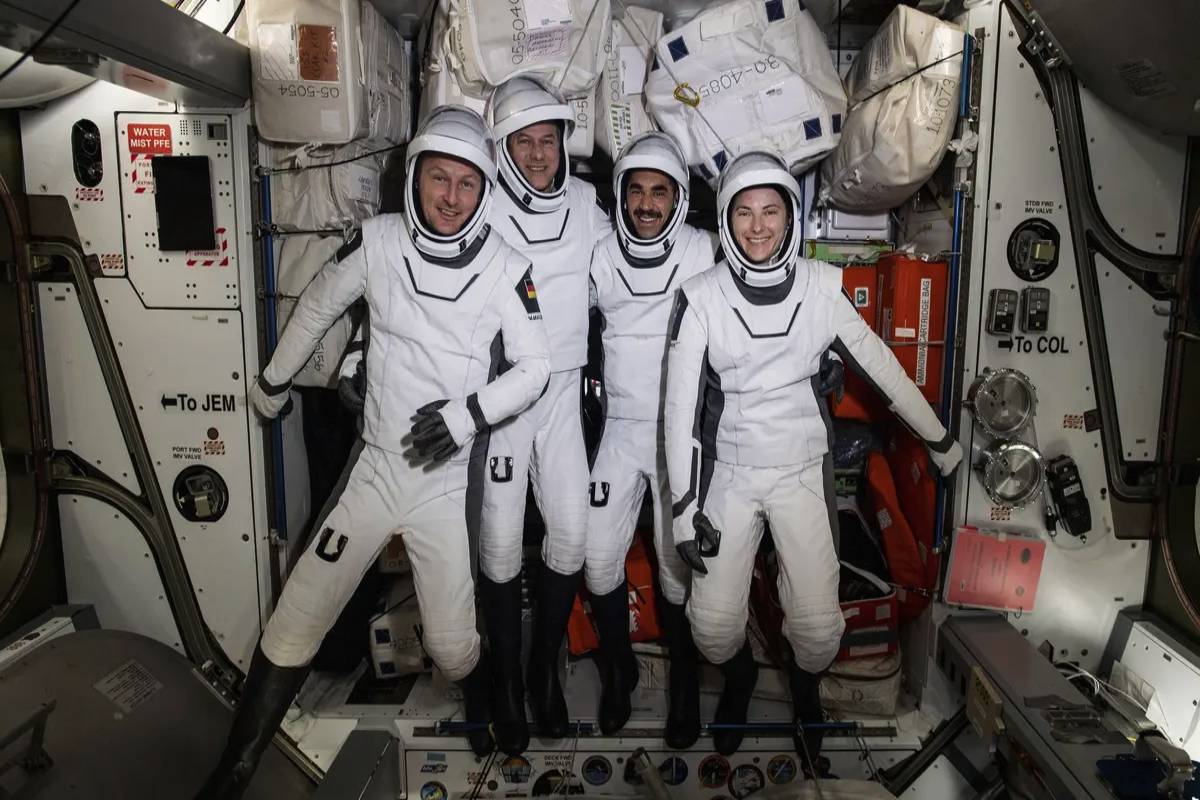Sunita Williams celebrates 59th birthday, second in space
Indian-origin astronaut Sunita Williams has celebrated her 59th birthday -- the second in space.
This loss happens because bones that would normally be weight-bearing on Earth, like your legs, don’t have to carry weight in microgravity.

While bone loss is a natural phenomena as human bodies age, astronauts on long-duration flights tend to have a permanent loss of bone density, finds a study.
The findings, published in Scientific Reports journal, showed that some astronauts who flew on shorter missions, under six months, recovered bone strength and density in the lower body, compared to those who flew for longer durations.
Advertisement
This loss happens because bones that would normally be weight-bearing on Earth, like your legs, don’t have to carry weight in microgravity – you just float, said the team from University of Calgary in Canada.
Advertisement
They followed 17 astronauts before and after spaceflight from 2015 to understand whether bone recovers after ‘long-duration’ spaceflight.
The researchers scanned the wrists and ankles of the astronauts before they left for space, on their return to Earth, and then at six and 12 months post-return.
“We found that weight-bearing bones only partially recovered in most astronauts one year after spaceflight. This suggests the permanent bone loss due to spaceflight is about the same as a decade worth of age-related bone loss on Earth,” said lead author Dr Leigh Gabel, Assistant Professor in kinesiology at the varsity.
“We’ve seen astronauts who had trouble walking due to weakness and lack of balance after returning from spaceflight, to others who cheerfully rode their bike on Johnson Space Center campus to meet us for a study visit. There is quite a variety of responses among astronauts when they return to Earth,” added Dr. Steven Boyd, director of the McCaig Institute for Bone and Joint Health at the varsity.
According to former University of Calgary Chancellor and astronaut Dr. Robert Thirsk, “just as the body must adapt to spaceflight at the start of a mission, it must also readapt back to Earth’s gravity field at the end”.
“Fatigue, light-headedness, and imbalance were immediate challenges for me on my return. Bones and muscles take the longest to recover following spaceflight. But within a day of landing, I felt comfortable again as an Earthling.”
As future space missions are exploring travel to more distant locations, the study’s next iteration will explore the effects of even longer trips, to support astronauts who may one day travel beyond the International Space Station.
Advertisement